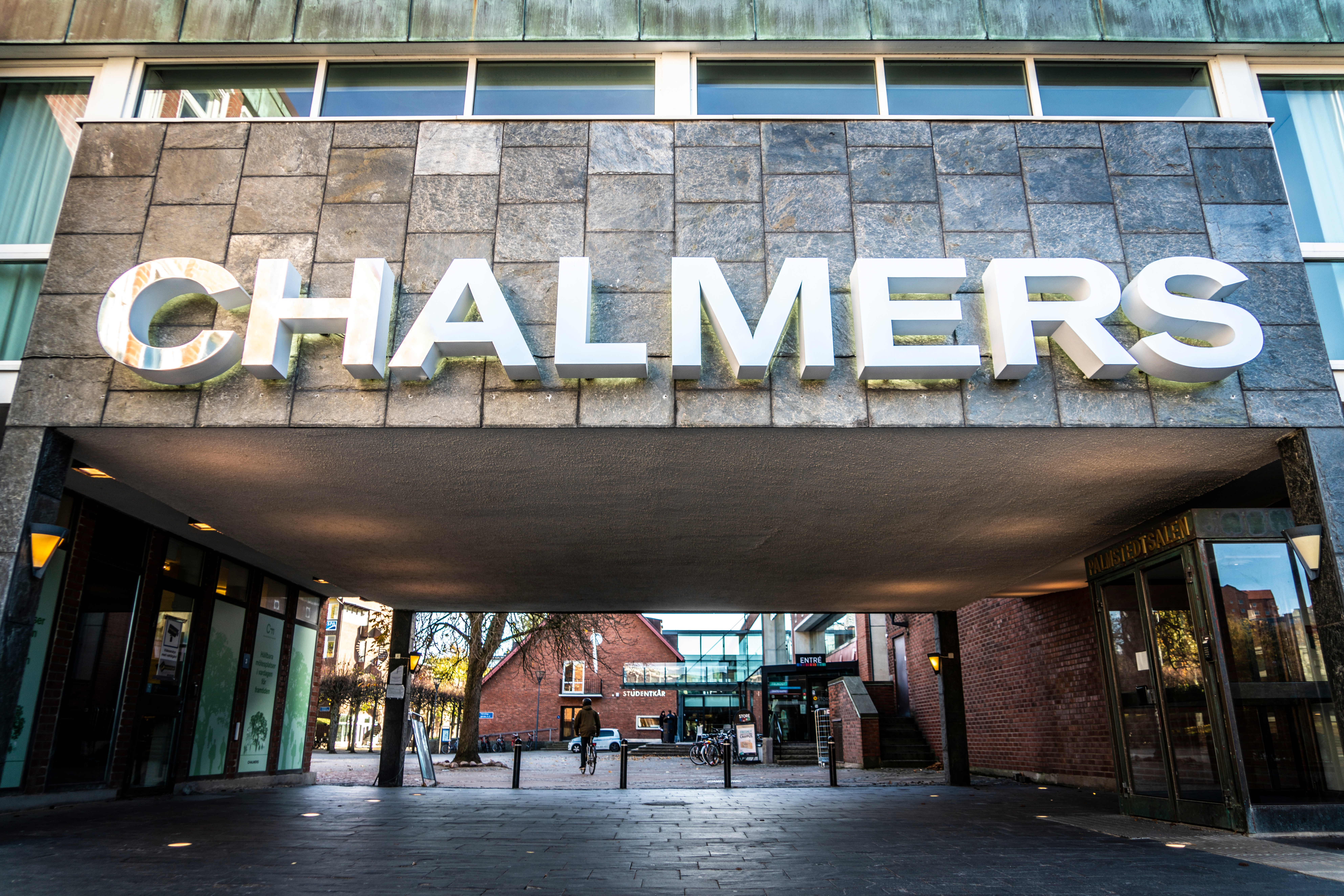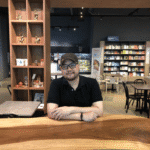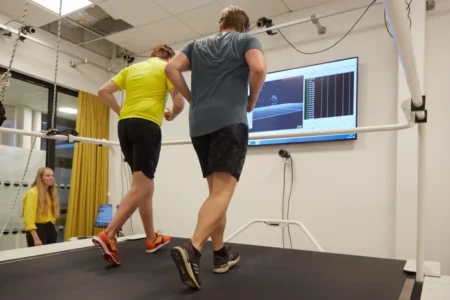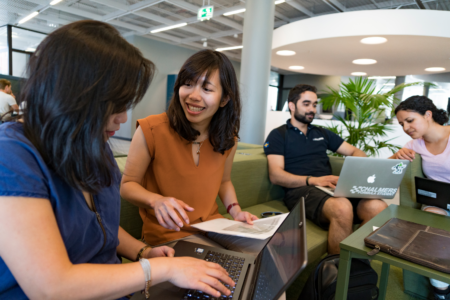Chalmers University of Technology has long been celebrated for its vibrant, student-centred learning environment. Now, it has reached an even greater milestone: being named the best university for education in Europe by the International Student Barometer.
This survey, which gathers insights from international students across the continent, highlights the factors that have drawn 10,773 students to Gothenburg, Sweden from every corner of the globe. From the quality of its course content to the structure of its programmes and the feedback from its faculty, students at Chalmers are overwhelmingly satisfied with their academic experience.
Behind this success is a teaching model driven by innovation, collaboration, and a relentless pursuit of improvement. “We have a highly competent teaching staff with roots in both innovative research and the engineering profession,” says Jörgen Blennow, Vice President at Education and Lifelong Learning.
“We also utilise a pedagogy where students learn collaboratively to a great extent, for example, in group projects, and not least, a systematic quality improvement effort to constantly better ourselves. It is gratifying that this is reflected in our students’ views of us.”

Over 10,000 students call Chalmers’s Johanneberg and Lindholmen campuses home. Source: Chalmers University of Technology
Continuous improvement is typical of a university at the forefront of innovation. The research conducted at Chalmers is world-class, shaping industries and pushing the boundaries of knowledge. Take, for instance, the development of the Sentio System, a cutting-edge bone conduction implant engineered by researchers at Chalmers, which has been approved for clinical use in both Europe and the US.
Equally impressive are the university’s strides in nanoelectronics, where researchers are tackling fundamental challenges around noise constraints in technology, potentially transforming the future of electronics. Another area where Chalmers is making waves is photonics, where researchers have combined major fields to create a nano object with extraordinary optical properties — a discovery that holds significant promise for the future of compact and efficient optical devices. For students, these are both theoretical explorations and hands-on opportunities to contribute to projects with tangible, real-world impact.
Indeed, theoretical and practical lessons here are informed by discoveries made in state-of-the-art laboratories; they are also deeply connected to global thought leadership. Chalmers regularly hosts renowned experts from a variety of fields, including Nobel laureates. In 2024 alone, Chalmers invited Alain Aspect (2022 Nobel laureate in physics), Anne L’Huillier (2023 Nobel laureate in physics), and Carolyn Bertozzi (2022 Nobel laureate in chemistry). These talks are a perfect example of the kind of intellectual exchange that take place at Chalmers.

Anne L’Huillier. Chalmers offers around 40 master’s programmes taught entirely in English. Source: Chalmers University of Technology
Inspired students are encouraged to bring their ideas to life in advanced real or virtual labs, testbeds, large databases, computer capacity for large-scale calculations, and other research facilities. One of the university’s most modern makerspace is Chalmers Fuse. Located at the Johanneberg campus, it is home to a water jet cutter, a 3D printer, workshops for electronics, metal, wood and textiles, physiology and sports labs, studios for podcasts, film, audio, and virtual reality, computer rooms, project rooms, and large spaces for fruitful collaboration.
Fuse is a hub for the Tracks initiative — an innovative educational concept designed to equip students with the cross-disciplinary skills needed for cutting-edge careers. Supported by the Chalmers Foundation and open to students in years two to five and alumni, these courses offer flexible learning opportunities tailored to individual interests, allowing participants to work on current issues in sectors like healthcare, AI, and transportation.
It’s an unparalleled opportunity for students enrolled in any of Chalmers’s 40 English-taught master’s programmes. The lineup currently covers Applied Mechanics, Architecture and Planning Beyond Sustainability, Architecture and Urban Design, Biomedical Engineering, Complex Adaptive Systems, Computer Science, Data Science, Design and Construction Project Management, Entrepreneurship and Business Design, High-Performance Computer Systems, Industrial Ecology, Maritime Management, and Materials Chemistry, among several other future-proof topics. Take your pick from the complete list today.
Follow Chalmers University of Technology on Instagram, LinkedIn, and YouTube.












